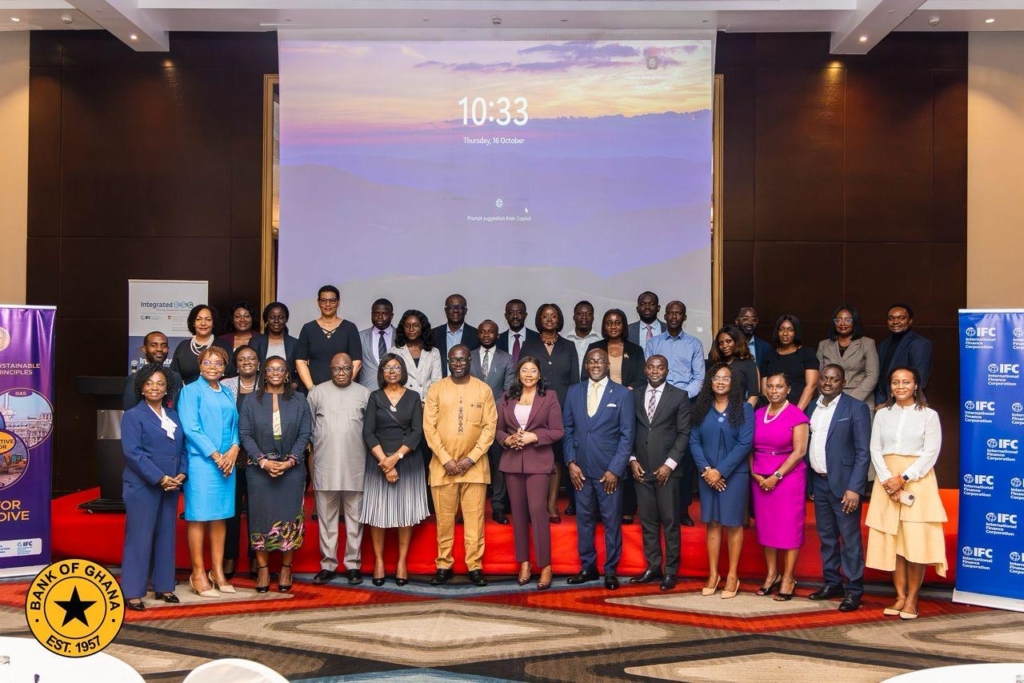
The Second Deputy Governor of the Bank of Ghana (BoG), Matilda Asante-Asiedu, has urged financial institutions to balance profit-making with sustainable investment practices, particularly in the country’s extractive sector.
Speaking at a forum on sustainable banking practices, she underscored the importance of looking beyond short-term financial gains and considering the long-term socio-economic and environmental impacts of financing decisions.
“I was just doing the math. Between mining and oil and gas, in the first half of this year, their contribution to GDP amounts to 20 percent,” she noted. “That’s significant. It’s the backbone of the economy.”
While acknowledging the crucial role these sectors play in driving Ghana’s economic growth, Mrs. Asante-Asiedu also highlighted the inherent risks they pose. She urged financial institutions to shift their mindset away from solely maximizing shareholder value.
“But it also comes with its own issues and risks. As people in the financial services sector, our objective is profit-making. Especially in a commercial environment like I used to be in, where it’s often about making shareholders happy,” she said.

She challenged players in the financial space to adopt a forward-thinking approach, stressing the need to integrate environmental, social, and governance (ESG) considerations into their lending practices.
Her remarks come at a time when Ghana is intensifying its push for green finance and sustainable banking. The Bank of Ghana recently reported a 73.6 percent compliance rate with sustainable banking standards as of the first quarter of 2025, signaling growing commitment to environmentally responsible financing.
The forum brought together key stakeholders from the banking, extractive, and development sectors to deliberate on strengthening sustainability frameworks within the financial industry.
John Awuah, CEO of the Ghana Association of Banks, called for reforms to de-risk sustainable projects in the extractive and energy sectors, which are often deemed high-risk and capital-intensive. He proposed the introduction of political risk insurance products and other incentives to reduce exposure.
“Access to sustainable finance is often constrained by high perceived risks and limited long-term funding. This is where de-risking mechanisms become indispensable. We must actively explore and scale up tools such as partial credit guarantee schemes,” he noted.
Meanwhile, Yiwande Giwa, Senior Country Manager for the International Finance Corporation (IFC), expressed optimism that continued engagement would be crucial in building an environmentally sustainable financial ecosystem.
The forum was jointly organized by the Bank of Ghana and the International Finance Corporation (IFC).




